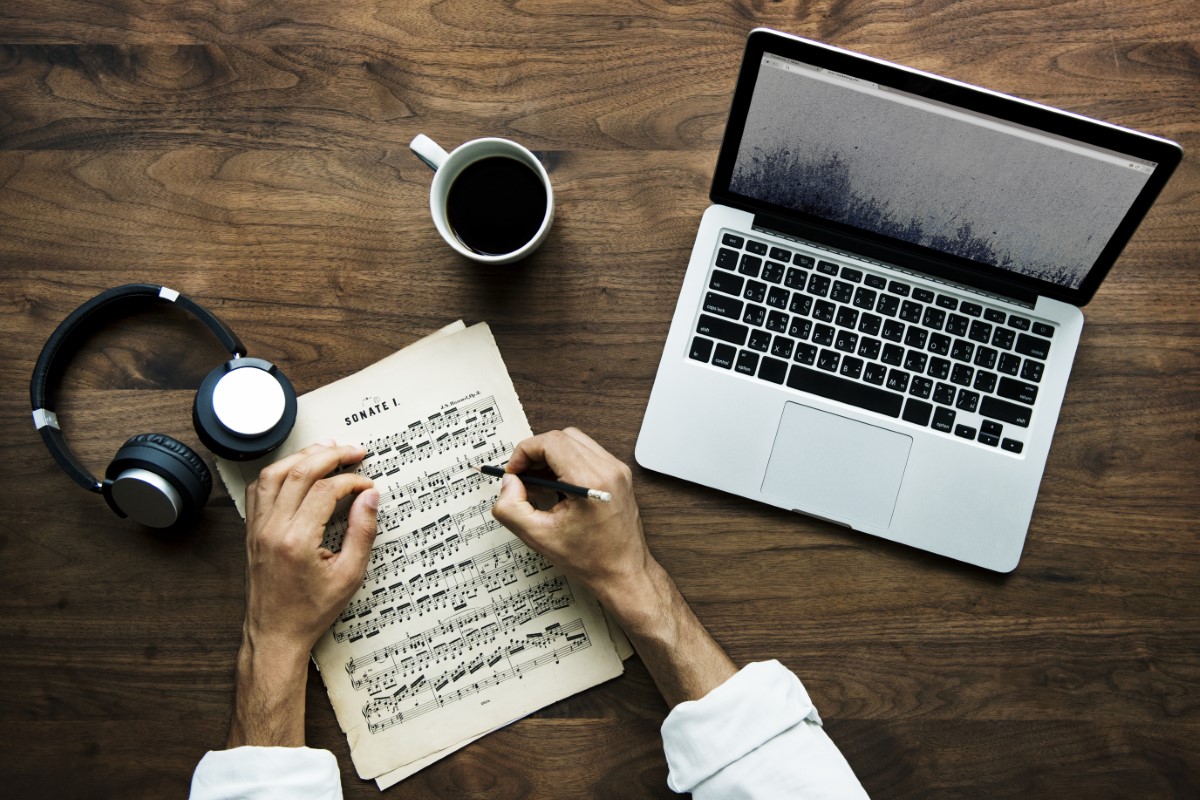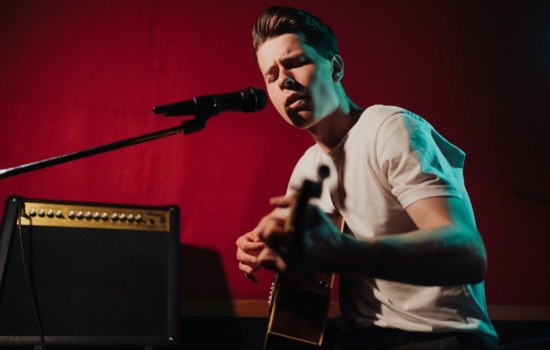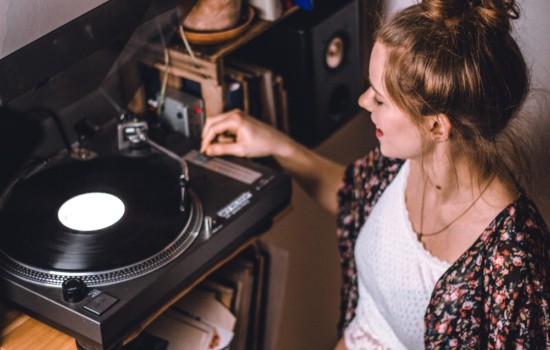Licensing agreements give certain rights for the use of musical works, and can also limit usage in other ways.
Typically, music is licensed for use in broadcast media including films, radio, TV, commercials, webcasting, podcasting, and theater productions. (There are separate licensing agreements for printed music, like sheet music used in collections).
Music licensing covers any public performance of a work — playing a recording in a place where people are gathered, like a bar, restaurant, or amusement park is also considered a “performance.” Music licenses are the main way that artists earn royalties for the use of their work.
So, who needs to obtain a license for music?
Anyone who wants to use someone else’s song or composition for a project that others will hear needs a music license. The license grants permission for use from the copyright owner and dictates how the song can be used and for how long.






